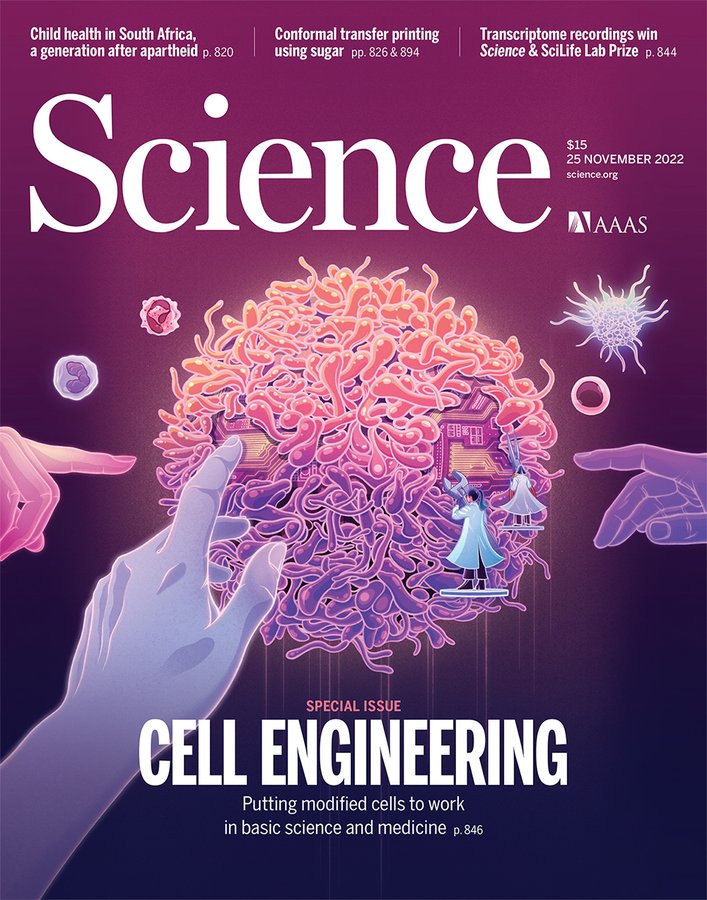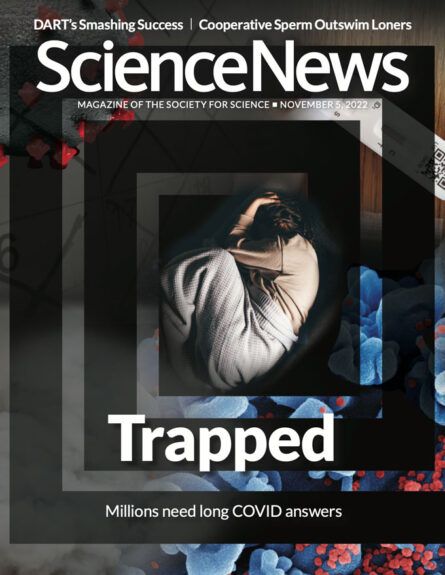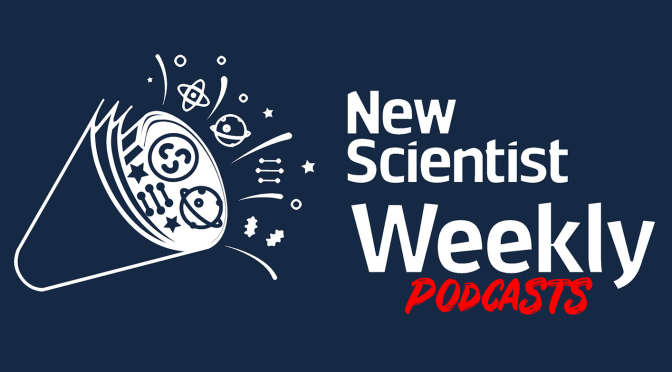
Science Magazine – November 25, 2022 issue:
Cell engineering
The successful use of engineered white blood cells (cells that are removed from the human body, modified with receptors that allow them to recognize cancer cells, and then returned to the body) to fight and eliminate tumor cells has frequently been called revolutionary and has even allowed researchers the rare opportunity to refer to a cure for certain cancers.
How to regrow a forest? Scientists aren’t sure
Reforestation has become a global priority but evidence on what works is still scant
‘Ancestry problem’ sends CRISPR astray in some people
Reference genomes used to direct the gene editor fail to account for human diversity in those of African descent
AI learns the art of Diplomac
Meta’s algorithm tackles both language and strategy in a classic board game that involves negotiationNASA mulls end for long-lived climate sentinels
NASA mulls end for long-lived climate sentinels
Drifting satellites could still yield insights into wildfires and storms, researchers argue











